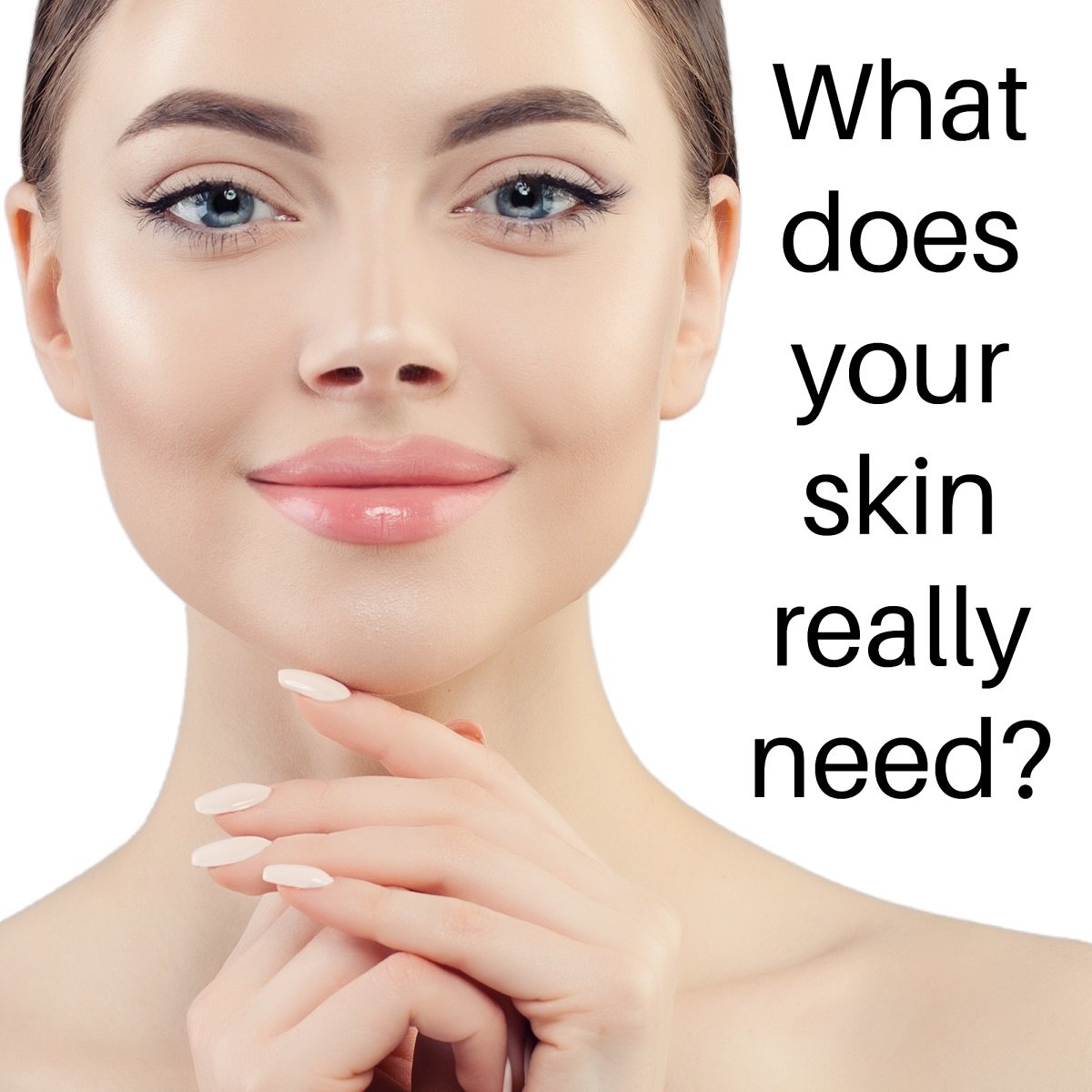What does your skin really need?
Nurturing Your Skin: Unveiling the Essentials for a Healthy Barrier
The skin, our body's largest organ, serves as a protective barrier against external elements, environmental pollutants, and potential pathogens. Maintaining a healthy skin barrier is essential not only for aesthetics but also for overall well-being. While the basic skincare routine involves cleansing, moisturizing, and sun protection, the winter season demands extra attention. Skin experts emphasize that understanding the scientific facts behind skincare can help individuals provide the care their skin truly needs. In this article, we'll explore the three fundamental elements required to preserve a robust skin barrier and uncover the additional care necessary during the winter months.
1. Hydration:
One of the primary needs of the skin is adequate hydration. The outermost layer, known as the stratum corneum, plays a crucial role in preventing water loss and maintaining skin integrity. During winter, cold and dry air can strip the skin of its natural moisture, leading to dryness, flakiness, and increased susceptibility to irritation. To counteract this, incorporating a hydrating routine becomes imperative.
Products containing hyaluronic acid, glycerin, and ceramides are excellent choices for promoting hydration. Hyaluronic acid, a naturally occurring substance in the skin, attracts and retains water, keeping the skin plump and moisturized. Glycerin acts as a humectant, drawing moisture from the air to the skin, while ceramides strengthen the skin barrier, reducing water loss.
2. Protection from Environmental Stressors:
The skin constantly faces assaults from environmental stressors, including UV rays, pollution, and harsh weather conditions. During winter, exposure to cold winds and low humidity can compromise the skin barrier, making it more susceptible to damage. Incorporating a robust sun protection routine and shielding the skin from harsh weather is crucial.
Mineral-based sunscreen should be a year-round staple, protecting the skin from overexposure to UV rays. Additionally, using a moisturizer with antioxidants, such as vitamin C and E, can help neutralize free radicals generated by environmental stressors, fortifying the skin's defense mechanisms.
3. Gentle Cleansing:
Maintaining a clean and clear complexion is essential for overall skin health. However, aggressive cleansing can strip the skin of its natural oils, disrupting the delicate balance and compromising the barrier function. Opting for a gentle cleanser that cleans without over-drying is key to a healthy skincare routine.
Look for cleansers with a balanced pH and ingredients like chamomile or aloe vera, which have soothing properties. Avoid hot water and harsh exfoliants, as these can further deplete the skin's moisture and disrupt its protective barrier.
Winter-Specific Care:
In winter, the skin faces unique challenges that demand tailored care. Humidity levels drop, and cold temperatures can lead to dryness and irritation. To address these concerns, consider incorporating a richer moisturizer, such as an oil-based or cream formula, to provide an extra layer of protection. Additionally, using a humidifier indoors can help maintain optimal moisture levels in the air, benefiting your skin.
Understanding the fundamental needs of your skin—hydration, protection from environmental stressors, and gentle cleansing—is the first step towards achieving a resilient and healthy skin barrier. As the winter season unfolds, adapting your skincare routine to the specific challenges it presents ensures that your skin remains nourished and protected. By embracing a science-backed approach to skincare, individuals can empower themselves to make informed choices and cultivate a radiant and robust complexion year-round.
By Alexander Brosda, CEO Sokörpe Laboratories

